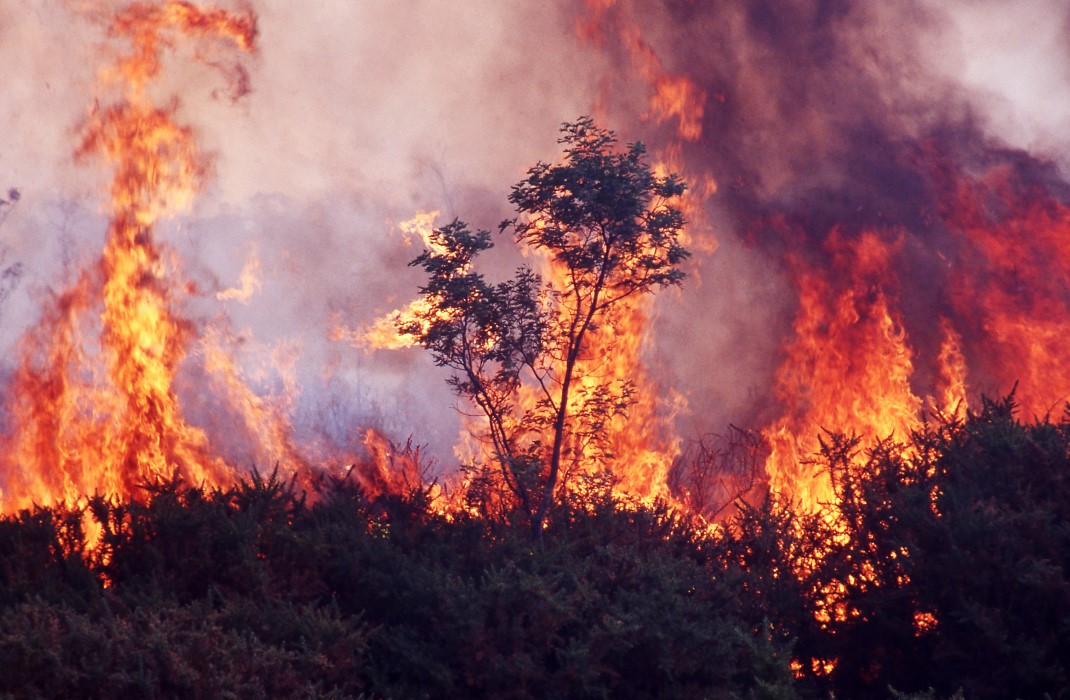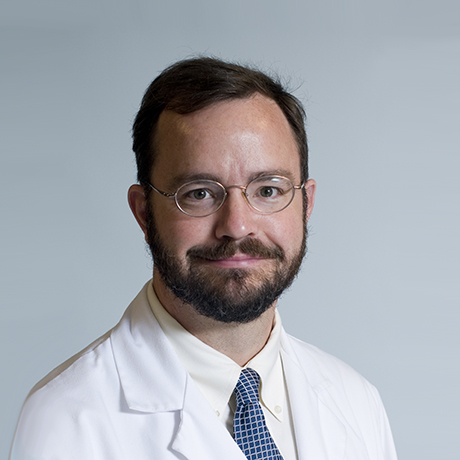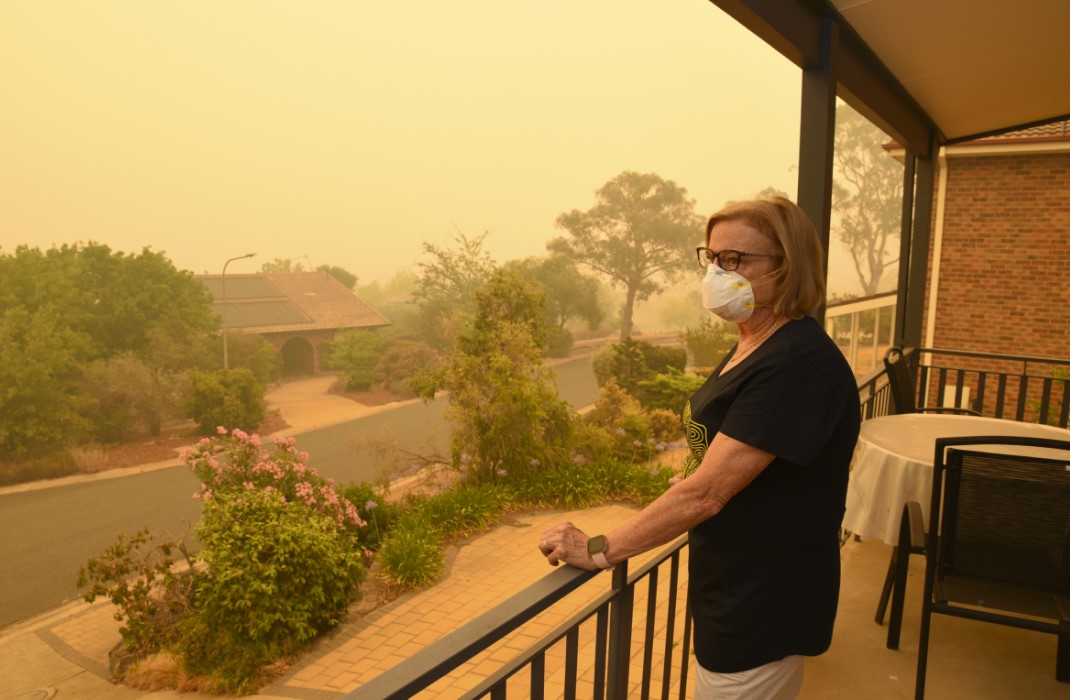-
- Find Care
-
- Visitor Information
- Find a Location
- Shuttles
- Visitor Policies
-
-
- Our Virtual Care Options
- Virtual Urgent Care
- Virtual Visits for Primary & Specialty Care
- Online Second Opinions
- Participate in Research
-
- Contact us
-
- For Innovators
- Commercialization Guide for Innovators
-
-
- Research News
- Alzheimer's Disease
- Artificial Intelligence
-
- Overview
-
- Overview
- Getting Started
- New to Mass General Brigham
- International Patient Services
- What Is Patient Gateway?
- Planning Your Visit
- Find a Doctor (opens link in new tab)
- Appointments
- Patient Resources
- Health & Wellness
- Flu, COVID-19, & RSV
- Billing & Insurance
- Financial Assistance
- Medicare and MassHealth ACOs
- Participate in Research
- Educational Resources
- Visitor Information
- Find a Location
- Shuttles
- Visitor Policies
- Find Care
-
- Overview
- Our Virtual Care Options
- Virtual Urgent Care
- Virtual Visits for Primary & Specialty Care
- Online Second Opinions
-
- Overview
- Participate in Research
-
- Overview
- About Innovation
- About
- Team
- News
- For Industry
- Venture Capital and Investments
- World Medical Innovation Forum (opens link in new tab)
- Featured Licensing Opportunities
- For Innovators
- Commercialization Guide for Innovators
- Contact us
-
- Overview
- Information for Researchers
- Compliance Office
- Research Cores
- Clinical Trials
- Advisory Services
- Featured Research
- Two Centuries of Breakthroughs
- Advances in Motion (opens link in new tab)
- Brigham on a Mission (opens link in new tab)
- Gene and Cell Therapy Institute
- Research News
- Alzheimer's Disease
- Artificial Intelligence
-
- Overview
-
- Overview
- Residency & fellowship programs
- Brigham and Women's Hospital
- Massachusetts General Hospital
- Mass Eye and Ear
- Newton-Wellesley Hospital
- Salem Hospital
- Integrated Mass General Brigham Programs
- Centers of Expertise
- Global & Community Health
- Health Policy & Management
- Healthcare Quality & Patient Safey
- Medical Education
- For trainees
- Prospective trainees
- Incoming trainees
- Current trainees
- Continuing Professional Development
How Do Wildfires Affect Health?

If it seems like you’ve heard about wildfires more in recent years, you’re not imagining things. According to the U.S. Environmental Protection Agency (EPA), the total amount of land burned by wildfires in the U.S. each year has increased since the 1980s. Fires have occurred outside the traditional fire season and in locations previously thought safe from wildfires.
N. Stuart Harris, MD, MFA, a Mass General Brigham emergency medicine doctor, discusses the increasing impact of wildfires and the health consequences of wildfire smoke.
Health effects of wildfires
The dangers of wildfires to land and buildings are apparent when a fire rages through and wipes out everything in its path. A wildfire can quickly devastate a community or burn hundreds of thousands of acres of trees and habitat.
But what about the impact of wildfires on human health?
“We used to think that if the fire missed you, and you didn’t get burned, you’d be fine,” says Dr. Harris, who founded and serves as chief of the Massachusetts General Hospital SPEAR MED Division (space, ecological, arctic, resource limited medicine).
“But looking at wildfires through a health lens, the impact is much broader in time, scope, geographic distance, and ultimate cost to human life. With human-caused climate change continuing to advance, we’re going to have a higher and more prolonged risk of wildfires over larger geographical areas with increasing health impacts even thousands of miles away.”
Dr. Harris reports that researchers are beginning to quantify the serious effects of wildfire smoke, and the fire doesn’t have to be nearby to affect your health.
In North America, we’re all at risk.
The risk of wildfire smoke doesn’t just apply to people immediately downwind of the flames. Even if you live far from a fire, smoke can travel over 1,000 miles to reach you. One or two large fires can expose all of the United States and Canada to smoke.
“You don’t get to choose the air you breathe, and there’s nowhere to hide from wildfire smoke,” says Dr. Harris.
How unhealthy is wildfire smoke?
The National Bureau of Economic Research (NBER) estimates that over the next 2 to 3 decades, we can expect a 76% increase in wildfire smoke-related deaths in the U.S. That could result in more than 700,000 deaths between 2025 and 2055. NBER says these increases are a direct result of the effects of climate change.
Wildfire smoke is unhealthy because it contains a mix of toxins and tiny particles. The content of the smoke depends on what’s burning. If the fire spreads from wildlands into urban areas, for example, fumes from burning plastics and housing materials can contribute additional toxins.
What are the dangers of wildfire smoke?
Carbon monoxide (CO), produced from fire, is a dangerous gas. According to Dr. Harris, the gas prevents red blood cells from carrying enough oxygen.
At high enough levels, CO exposure can be fatal. With wildfires, CO poisoning is typically a risk only if you’re very close to the fire.
Even if you’re not near the flames, breathing wildfire smoke can have immediate effects. According to Dr. Harris, short-term exposure to wildfire smoke over minutes to hours can cause:
- Eye irritation
- Coughing and wheezing
- Worsening symptoms for people with heart or lung conditions
“The very young and the very old tend to be more vulnerable to smoke inhalation,” says Dr. Harris.
Smoke increases the risk of harm in people with conditions such as:
- Asthma
- Emphysema
What are the long-term health effects of wildfire smoke?
Ultimately, breathing wildfire smoke may increase the risk of long-term diseases and early death.
What can you do to protect yourself from wildfire smoke?
It’s best to get away from wildfire smoke, but that’s not always an option. Dr. Harris suggests paying attention to local air quality monitoring at airnow.gov.
Ratings are on a six-point, color-coded air quality index (AQI) scale from healthy to hazardous. Depending on your individual health and what you plan to do, the AQI is a helpful daily tool. Just as you listen to the weather report to decide when to go for a run or take your umbrella to work, you may increasingly consult AQI forecasts to help plan your day.
Even if you’re fit and don’t have heart or lung problems, try not to perform vigorous activities outside in the smoke on days with worse AQI scores. When you exercise, you breathe more deeply, which means you may breathe smoke particles deeper into your lungs.
Dr. Harris observes that there’s no quick and easy solution to the growing dangers of wildfires.
“We’re only as healthy as the environment around us, and if we’re not taking care of our environment, we’re directly degrading our own health and increasing healthcare costs,” he says. “Climate change is a healthcare emergency. Wildfires are a symptom. We need to have a greater sense of realism about the policies and practices that contribute to climate change that increase wildfire occurrence. You don’t have to care about the direct effect of wildfires in another part of the country to recognize the effects are local.”

